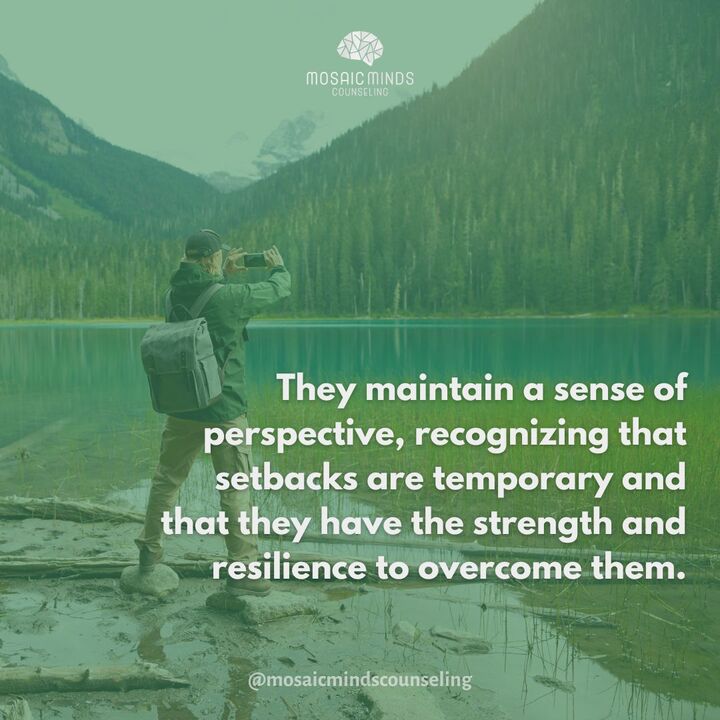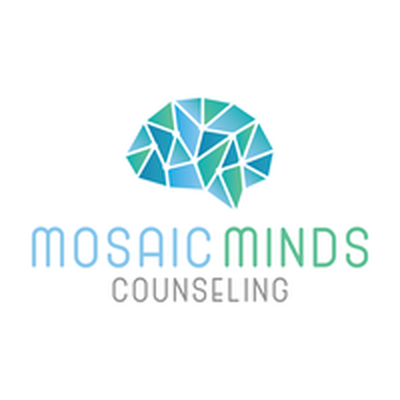More from Mosaic Minds Counseling
More in Politics
Related Blogs
Archives
Social Share
How to Succeed in Your Treatment with an Expert Therapist for OCD?
Body
Obsessive-compulsive disorder (OCD) affects millions of people globally. It is characterized by recurrent behavioral or mental acts (compulsions) and intrusive thoughts (obsessions), which can seriously disrupt your daily living. Nonetheless, controlling and recovering from OCD is completely achievable with the appropriate care and the direction of a qualified therapist for OCD. Effective coping methods, personal dedication, and professional assistance are all necessary for OCD treatment to be successful.
So, if you are on your journey to reclaim your life with an OCD treatment, here is how you can succeed in it.
- Select the Right Therapist
Selecting the right therapist is the first step towards completing your OCD treatment. Look for an OCD specialist with expertise in evidence-based treatments, such as Exposure and Response Prevention (ERP) and Cognitive Behavioral Therapy (CBT) as these treatments work well to control OCD symptoms. A skilled therapist who understands the complexities of OCD can create a customized treatment plan that addresses your unique needs.
- Adhere to the Course of Treatment
OCD treatment demands dedication. Regular attendance during therapy sessions and enthusiastic participation are crucial. This can involve facing your concerns head-on and fighting the hard-to-control impulse to indulge in compulsive behaviors. But if you're persistent and determined, your symptoms will start to get better. Bear in mind that setbacks are common and that progress may be gradual. So, it is important to maintain your long-term objectives in mind and have faith in the process.
- Exercise Outside of Therapy Sessions
While therapy sessions are important, it's just as important what you do on your own time. You may be assigned homework by your therapist for OCD to do in between sessions, such as mindfulness exercises or exposure exercises. These activities are intended to assist you in applying the knowledge you have gained in therapy to actual circumstances. Give these exercises some time, and practice them frequently. You'll advance more quickly if you work harder outside of therapy.
- Never Look To Yourself Or Other People For Validation
You must never seek validation from anyone. Instead of this, tell yourself that the worst has happened, is happening, or will happen. The results of whatever therapy homework you use will be negated by assurance, which will keep you from getting better. It is a compulsion to seek reassurance, no matter how you try to rationalize it.
- Be Open and Honest with Your Therapist
The key to an effective OCD treatment plan is honest and open communication with your therapist. Talk about your feelings, worries, and any difficulties you are having while undergoing therapy. Your therapist requires this information to assist you in overcoming barriers and modify the treatment plan as needed. Talk to them about any questions or worries you may have regarding the course of treatment. A competent therapist will give you the time and attention you require to stay on course.
To find the best help for your OCD, you can get in touch with the therapist for OCD at Mosaic Minds Counseling. Our therapist has helped people with OCD for years and we can create customized treatment plan for your requirements.













Comments